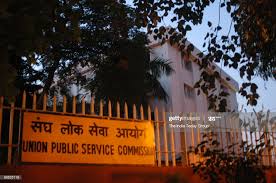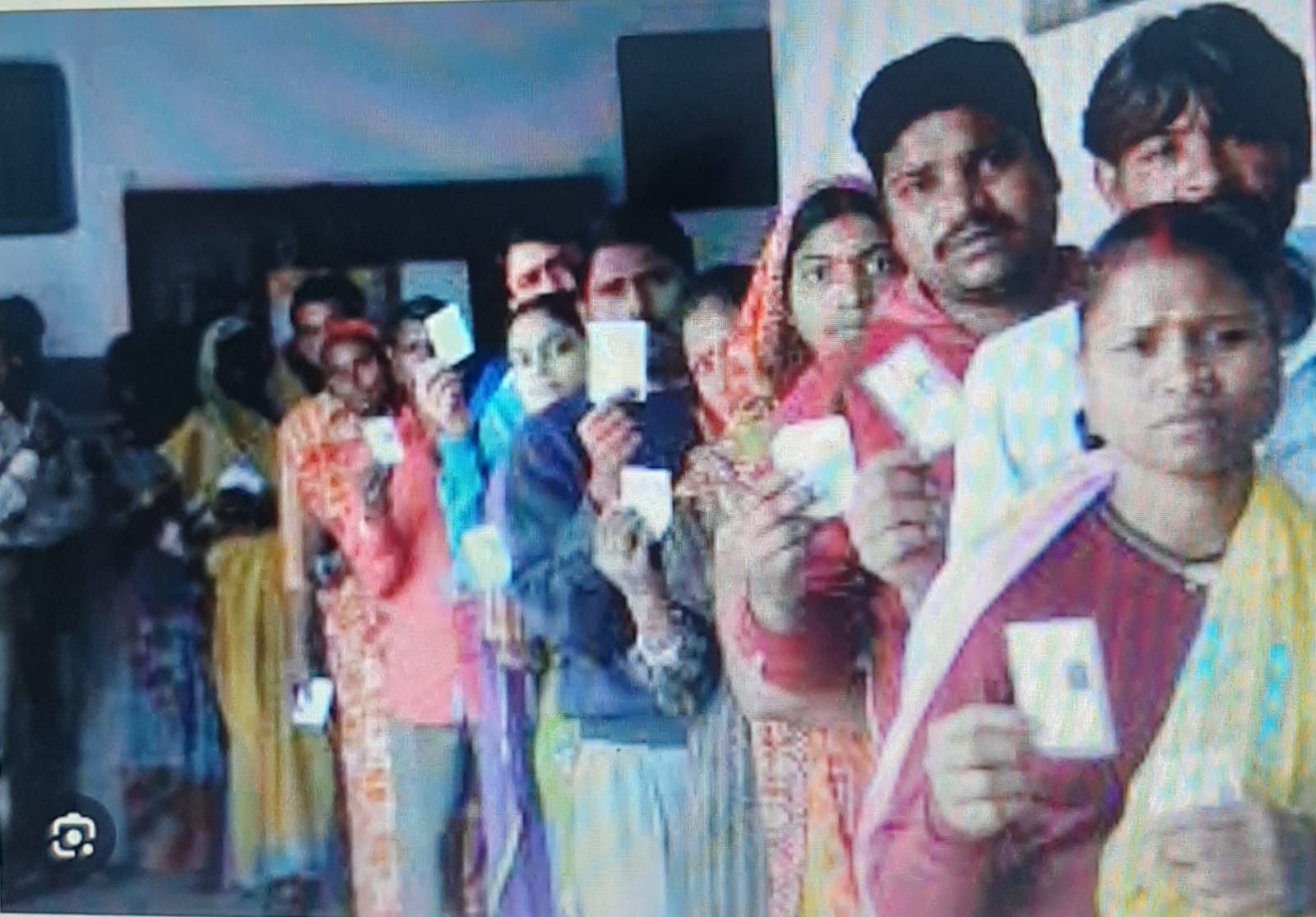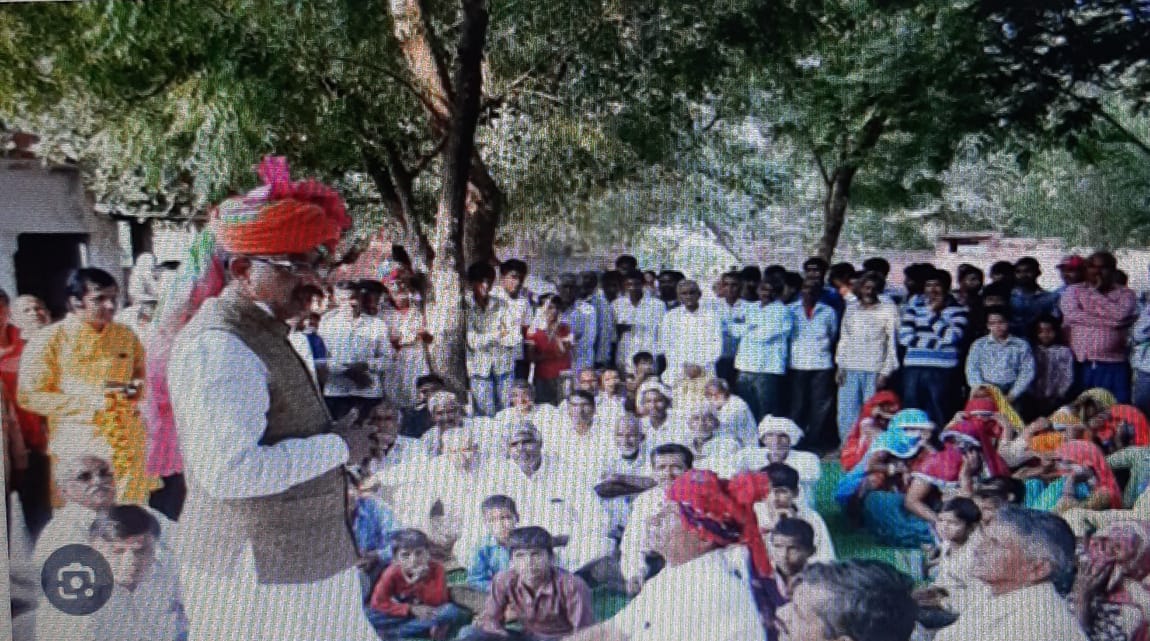
With the Centre and West Bengal Government heading for a show down over transfers and postings of officers of civil services it is necessary to resolve the issue within the ambit of Constitutional provisions to safeguard federalism.
V S Pandey
A serious crisis has erupted between NDA government and TMC government of West Bengal over posting of officers of civil services- IAS and IPS officers- following alleged attack on national president of BJP JP Nadda. While Union Home Ministry has called three senior IPS officers on deputation and has posted them at various places, Chief Minister Mamata Banerjee has refused to relieve them accusing the NDA government of “political vendetta”.
This is not for the first time such situation has arisen over transfers and postings of officers of civil services between the centre and state. Whenever there are governments of two different political parties at the centre and the state such type of clash of interest has happened and most of the time it has been politically motivated. The three IPS officers, who have been called to the centre, has been accused of failure in providing adequate security cover to the BJP chief- a charge vociferously denied by West Bengal Government. Similarly, Union Home Ministry had also summoned West Bengal Chief Secretary and DGP earlier but the chief minister did not give permission saying that it was against constitutional arrangements under the country’s federal structure.
No doubt our makers of the Constitution, while visualising a concept of strong centre, had offered a federal structure in democratic set up because of vast disparities among the states, which had joined Indian Nation after the independence. They were given equal democratic right to function within the constitutional framework. Thus, in order to smoothly run the administration the concept of All India Civil Services came in existence under Article 312 of the Constitution. The constituent assembly of the Constitution had then visualised that the officers of this services following concept of federalism would be working both for the centre and the state with mutual consent of the two governments. They will be allotted state cadre and would be coming to the centre on deputation for a fixed time frame.
Similarly, a provision of Article 356 was also made giving over-riding powers to the centre to intervene in the state in case of failure of constitutional machinery in the particular state. Thus, as soon as Article 356 is promulgated in a state in view of constitutional breakdown entire bureaucratic machinery comes directly under control of the centre through the Governor who is representative of the central government. The arrangements have thus provided checks and balances for the centre and the states to work within the law. In transfers, postings and deputation the consent of the concerned state government is necessary. I have seen during my service that several officers could not go on deputation to the centre because parent state did not sanction permission or the centre did not clear their names. A mutual trust is a good arrangement in this connection in the larger interest of the nation.
However of late with massive politicization of bureaucracy and its massive misuse, the scenario has drastically changed. Hostilities between differing ruling parties at the centre and state have also badly affected the All-India Civil Services and it is seriously observed that a large number of officers instead of serving the country have become servants of the ruling party. West Bengal clash has once again raised the serious question over the services, which is gravely threatening proper functioning in a federal system. The constitutional provisions are very clear over the control of this cadre primarily by the state and also by the centre once on deputation for a period. The centre has all the right to repatriate the “non-performers” back to their states. In fact, repatriation is allowed without the state’s consent but summoning is prohibited. It is this federal arrangement which has now been challenged to serve the political purpose. The issue is serious and should be settled within the framework of the constitution. If it requires judicial intervention to re-examine the law, there should not be any delay as it is threatening country’s secular and federal system.
(Vijay Shankar Pandey is the former Secretary, Fertilizer, Government of India)









